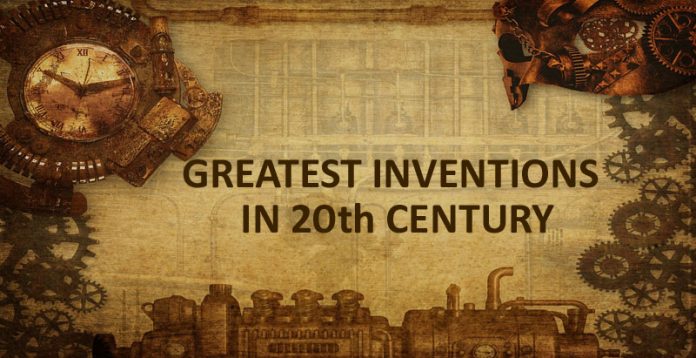The twentieth century, which continues today, is undoubtedly one of the most astonishing in human history because of its previously unheard-of rate of scientific and technological advancements. So read about the most important 20th-century inventions and investors in this post.
There were so many novel tools, discoveries, and innovations developed in the past century that it was challenging to narrow the list to just fifteen (therefore, there will be a few glaring omissions from this list). But we have narrowed it down to the top fifteen inventions or technological advances that have had the biggest impact on humanity—both favorably and unfavorably.
As we know, from cars to phones, this was the century of progress! Check out our list of the fifteen greatest inventions/discoveries of the 20th century, in no particular order and without further ado.
Top 15 Greatest Inventions:
15. Xerography
| Inventor | Chester Carlson |
| Year | 1938 |
| Country | USA |
The Xerox Corporation developed and commercialized the xerographic technique, pioneered by Chester Carlson in 1938 and frequently used to print high-quality text and graphics on paper.
Subsequently, by printing and making a Xerox, the duplicate of the original lowered the amount of manual labor and simplified the world. Gray scale prints were used to launch the service; eventually, color photos and prints could be created besides various printer types and their effects. Xerography may eventually replace manufacturing books and periodicals using traditional printing methods.
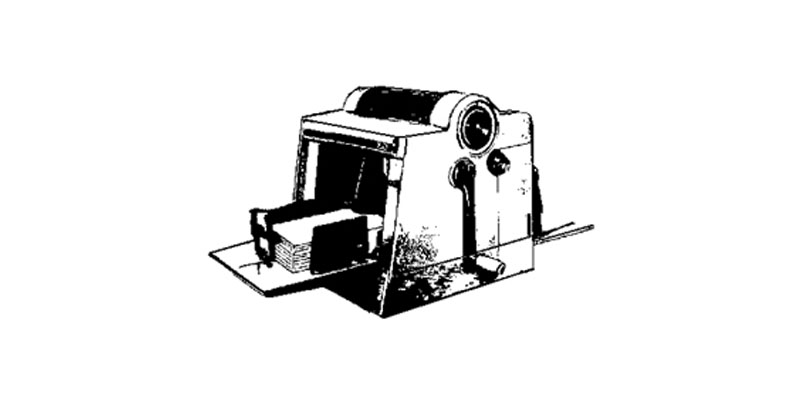
14. The Submarine
| Inventor | Cornelis Drebbel |
| Year | 1632 |
| Country | Dutch |
Underwater boats have been discussed since the late 1500s. The first submarine was presumably a craft that Cornelis Drebbel, a Dutch inventor, designed and tested at the beginning of the seventeenth century. Later, many inventors solved design issues over the following two centuries.
Although the first actual submarine was created in the 1880s, it wasn’t until the 20th century that the modern submarine took off. Today’s submarines have a practically limitless range.

13. Nuclear Energy
| Inventor | Enrico Fermi |
| Year | 1934 |
| Country | Italy |
Uranium was first discovered in 1789 by a German chemist named Martin Klaproth. Still, it took an Italian scientist named Enrico Fermi until 1934 first to achieve nuclear fission because of his work. And now, the world’s population has access to a power source that is clean, effective, and essentially limitless.
In contrast, nuclear energy can drastically alter the course of human history. It is a double-edged sword in that we could use the same energy source to make the most devastating weapons ever, endangering human survival with its sheer existence. When run safely, nuclear power plants are a great and affordable energy source that can power large cities, unlike the third world war.

12. Rocketry
| Inventor | Dr. Robert Hutchings Goddard |
| Year | 1926 |
| Country | USA |
On March 16, 1926, American college professor and scientist Robert Goddard constructed and launched the first liquid propellant rocket.
But originally, it had been a Chinese battle weapon over three thousand years ago and claimed many lives in the 20th century. Most crucially, they could now be controlled, which made them instantly useful as weapons of war and for purposeful use of some facts.
Also, we can visit every planet in our solar system with a rocket. Without rockets, it would be impossible to use GPS, forecast the weather, make international calls, or even use our cell phones.

11. Antibiotics
| Inventor | Alexander Fleming |
| Year | 1928 |
| Country | UK |
Using antibiotics is crucial in the fight against the disease. The 1928 discovery of penicillin by Alexander Fleming led to decreased bacterial infection-related deaths and a rise in longevity. Some types of bacterial infections are treated or prevented with the help of antibiotics. They either eradicate bacteria or stop them from increasing and spreading. For instance, Typhoid and smallpox can be treated with it.

Top 10 Greatest Inventions:
10. Radio
| Inventor | Guglielmo Marconi |
| Year | 1895 |
| Country | Italy |
The ability to hear someone from hundreds or even thousands of miles distant without using a wire was suddenly possible with the invention of the radio. Nowadays, it only seems useful in cars to keep drivers from dozing off while operating the vehicle. But it was just as important to expectations back then as the television, computer, microwave, and cell phone are to us now.

9. Television
| Inventor | Philo Taylor Farnsworth |
| Year | 1927 |
| Country | USA |
On September 7, 1927, the first successful electronic television demonstration occurred in San Francisco. Philo Taylor Farnsworth, a 21-year-old inventor who had lived in a home without electricity until he was 14, created the technology. It aids our education, keeps us current on the news, and raises our awareness of other individuals, performers, and storytellers.
And though we know it damages people’s mental and psychological health and causes brain cell death, where would we be without the boob tube? Every time we eat as a family, everyone sits together and enjoys the meal with the television on. The saddest observation is that without it, most of us would be at a loss for what to do with our time.
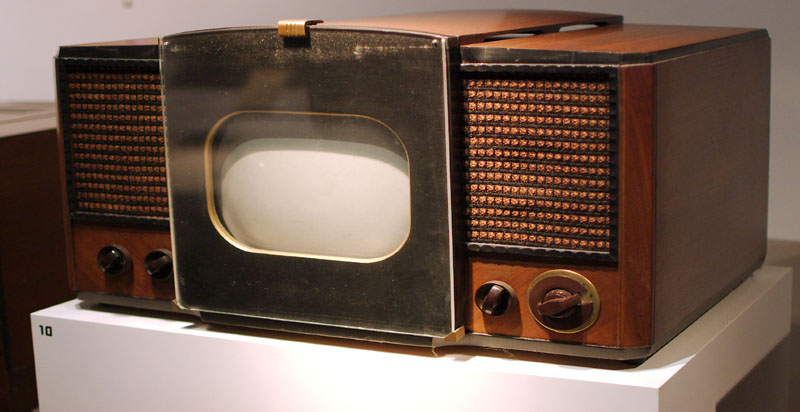
8. The Airplane
| Inventor | Wright brothers- Oliver and Wilbur Wright |
| Year | 1903 |
| Country | USA |
Orville and Wilbur Wright, American aviation pioneers, are generally recognized as having created, built, and flown the first successful motor-powered airplane.
With the invention of flight in the 20th century, our planet shrank to where a person could travel anywhere in the world in hours. Aside from speeding up and securing travel, airplanes, and airports offer a wide range of other services, such as battling forest fires, dusting crops, delivering products overnight, and chasing storms. This prevents us from having to travel farther.
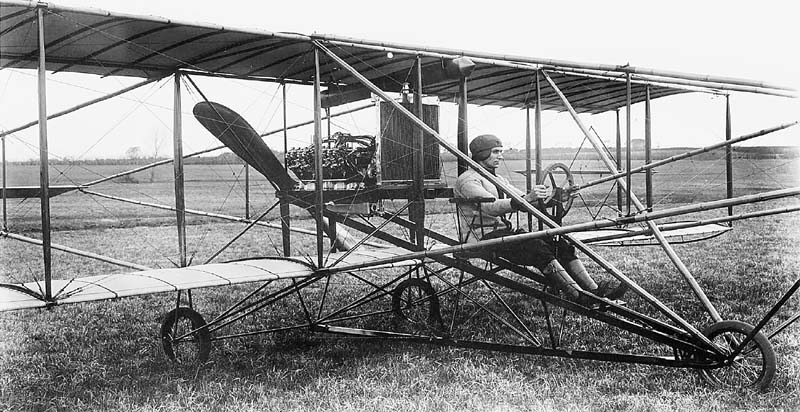
7. The Automobile
| Inventor | Karl Benz |
| Year | 1885/1886 |
| Country | Germany |
Karl Benz is credited with creating the automobile because his vehicle was useful, had an internal combustion engine driven by petrol, and operated similarly to modern automobiles today.
People worldwide still find it impossible to envision life without them even though they did not become the most useful and dependable transportation until the 20th century. Henry Ford’s assembly-line manufacturing method made the car affordable and available to the typical citizen. It increased market attendance as well. We live with the freedom the automobile has given everyone—personal freedom that our forebears could only imagine—while transforming generations of teenagers into angry redheads.

6. The Personal Computer
| Inventor | John Blankenbaker |
| Year | 1970 |
| Country | USA |
A world without computers does not exist! They are, of course, commonplace today, and we have grown so reliant on them that many people feel nearly naked without one. Today, people live because of them. They help us manage our finances, write books, create logos, and market real estate. The economy suffers if it departs from us. Additionally, to amuse us with games, films, and music. At this period, consider an ancestor who did not have a computer.
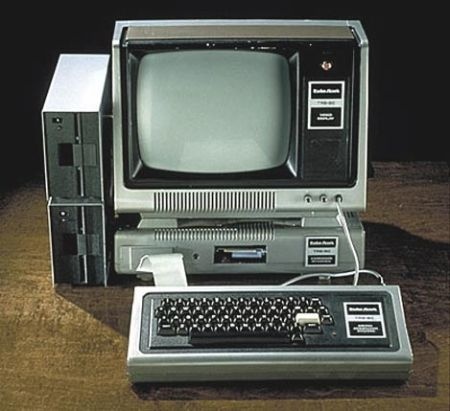
Top 5 Greatest Inventions:
5. Satellite
| Inventor | Sergei Korolov |
| Year | 1954 |
| Country | Soviet Union |
In 1954, Sergei Korolov, a Soviet physicist, suggested the notion of a satellite to the Russian government. Thus, Sputnik 1, the Soviet Union, launched the planet’s first satellite in 1957. Later, more nations launched satellites into orbit. 40 nations have launched 8900 artificial satellites so far. We refer to an object that is placed in orbit on purpose as a satellite. The moon is a natural satellite, yet humans also create artificial satellites.
We create satellites for various purposes, including planetary imaging, stellar or planetary surface mapping, weather forecasting, communication, and navigation. The Space Surveillance Network has monitored every object in the Earth’s orbit since 1957. There are three satellite services included as well.
- Fixed services
- Mobile services
- Scientific Research Services

4. Microwave Oven
| Inventor | Percy Spencer |
| Year | 1945 |
| Country | USA |
A microwave oven is a piece of kitchen equipment that uses the dielectric heating method to heat and cook food. It also works well for defrosting and simultaneously operates at various frequencies. The oven includes a turntable, a cooking chamber, a cavity magnetron, a capacitor, a microcontroller, a waveguide, and an analog or digital control panel.
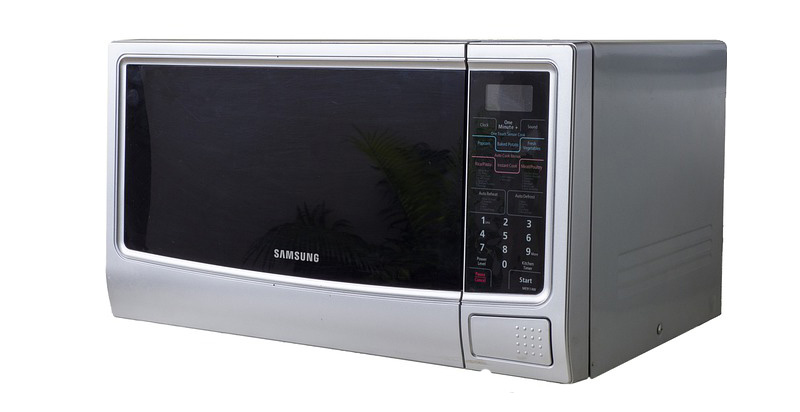
3. Vacuum Cleaner
| Inventor | Hubert Cecil Booth, David T. Kenney |
| Year | 1901 |
| Country | UK, USA |
In 1860 Daniel Theis created the first manual Hoover-type carpet sweeper, which used a rotating brush to collect dust. Hubert Cecil Booth and David T. Kenney discovered a powered Hoover cleaner with suction after the 19th century. Walter Griffiths invented a portable Hoover for home use only in 1905. Its compressor removes dust through detachable, flexible pipes connected to various shaped nozzles; one person can only manage it. These days, it will look like a cleaning head with a handle and a trash bag.

2. Mobile Cell Phone
| Inventor | Martin Cooper, Eric Tigerstedt |
| Year | 1973 |
| Country | USA |
A portable handphone is one of the greatest inventions of the 20th century. We can call cell towers using a radio frequency link, originally shown by Motorola in 1973. Many towers might handle calls or network traffic while the caller or receiver moves inside the telephone service area. These mobile phones offer many features, including text messaging (SMS), MMS, email, the Internet, Bluetooth wireless communications, talking apps, business apps, games, and photography. There are two kinds of Mobile Cell Phones:
- Feature Phone
- Smart Phone

1. Internet
| Inventor | Tim Berners-Lee |
| Year | 1989 |
| Country | UK |
The crucial breakthrough that allowed us to enter the information age was efficiently taking the top spot among the most astonishing inventions. The World Wide Web, one of the life-changing 20th-century inventions, first gained popularity because of the Dot-com bubble explosion and has satisfied practically all user types in the perfect virtual environment. We can use the Internet for all the purposes mentioned above.
It has infinite websites, even though it is a source for entertainment, education, art, shopping, communication, billing, payment, or research. We cannot picture our lives without the internet since it is ingrained in our daily lives. The internet has made the world relatively tiny, and we can now access news from anywhere in the world.

Conclusion
We progressed in every sphere of life and every field during the 20th century. On this page, you have discovered a list of the most significant modern inventions that have improved our quality of life.
Some of the most amazing inventions were born throughout the 20th century, which is the period from 1901 to 2000. These top inventions of the 20th century, from autos to electrical devices to daily items, astounded the globe when they were first created. However, they are now an integral part of our lives, and their absence is unimaginable.
